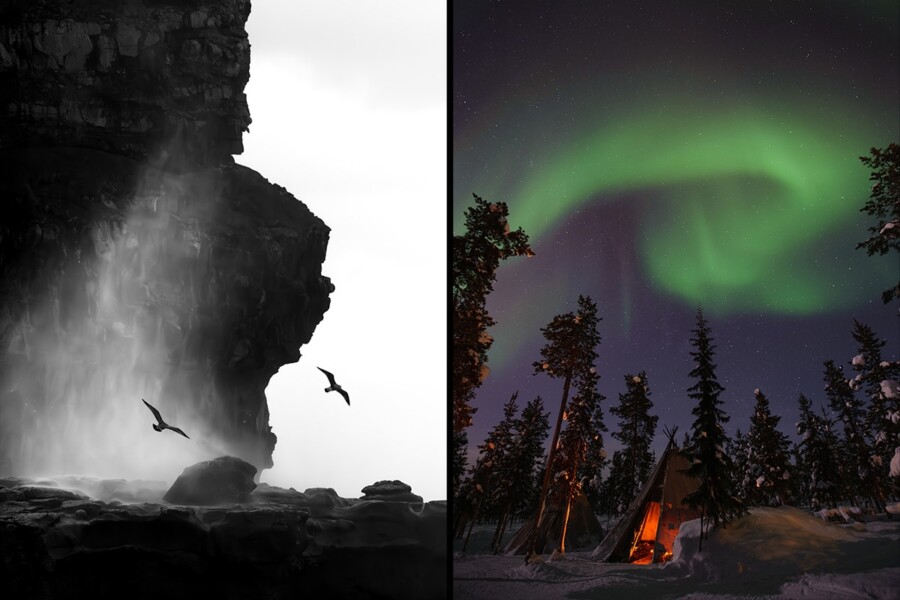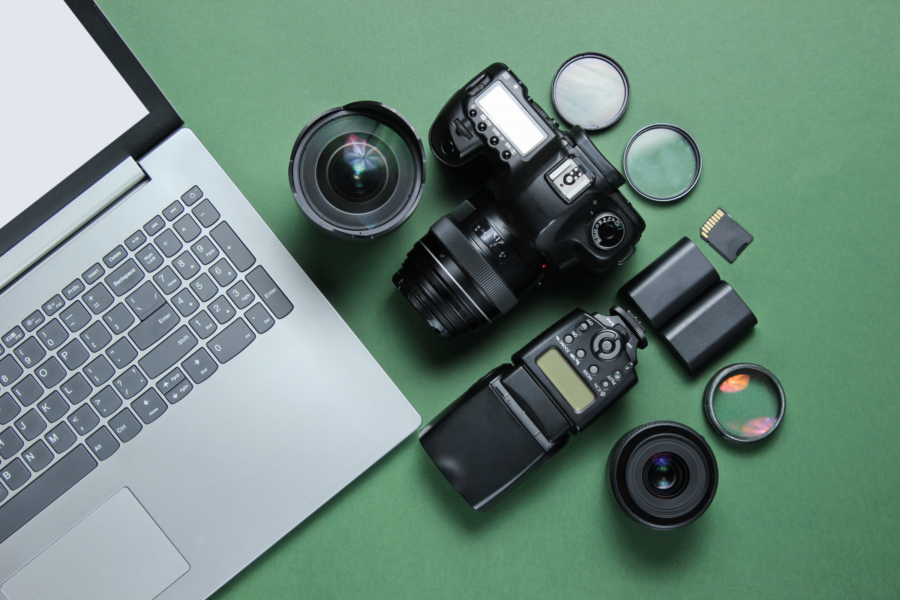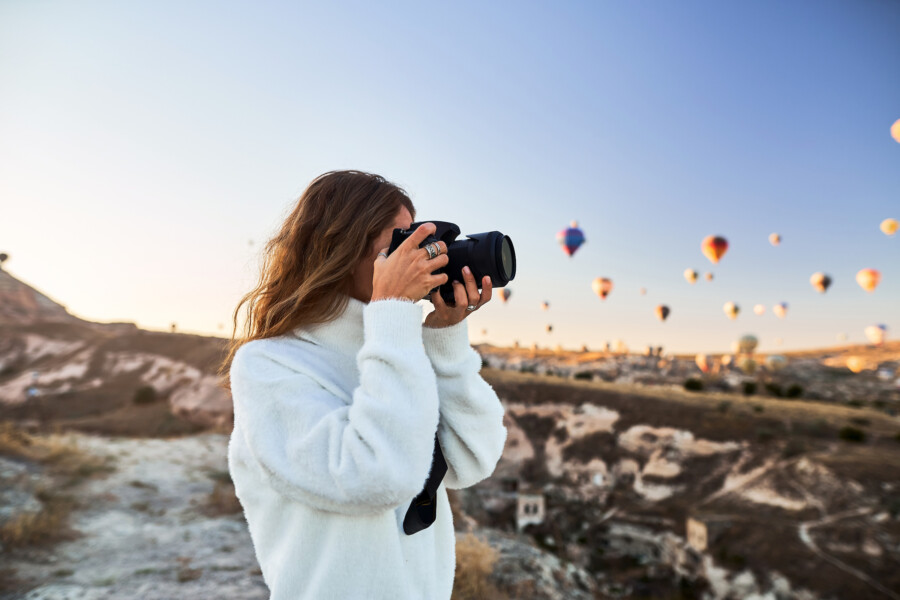Share
Cease & Desist Frenzy
In early November 2005, two photographers were contacted by Sue Edson, the Syracuse Athletic Communications Director, to remove their images of Syr...
In early November 2005, two photographers were contacted by Sue Edson, the Syracuse Athletic Communications Director, to remove their images of Syracuse Athletes from their online portfolios on SportsShooter.com. The reasoning was two-fold: 1) the images were being used in a way to promote the photographer (thereby constituting “commercial” usage), and therefore affecting the eligibility of the student athlete, and 2) other freelance photographers were complaining that their access to take such photos was being denied.
I wrote at the time:
“The fact that the medium for displaying work is an online aggregator site like sportsshooter, instead of a book, doesn’t alter the mechanics of how every photographer has generated business in the past — namely the by showing his/her prior work. the internet merely means that our distribution is wider than it has been before.
if we cannot show our work to generate new work just because it happens to be more easily accessible with the proliferation of the internet, we will all suffer.
neither niko nor kirk were selling the images. they were not exploiting the student athletes of a 1-8 team. there is no carmelo anthony or donovan mcnabb to get rich off of. and in the end, the ranking of the team is irrelevant. both photographers are working journalists with legitimate organizations performing a job function on assignment. they are not freelancers looking for a sideline pass in hopes of selling pictures after the fact on ebay.
ms. edson’s office fields requests for press credentials as a function of her job. she shouldn’t use an increase of credentialing requests as the basis for decredentialing journalists that happened to use images in their portfolio”
In the end, the NCAA did provide Ms. Edson with guidance stating that SportsShooter was an editorial website, and her office did meet with the University’s Newhouse School of Public Communications to discuss the issue. Curiously, no official, written statement was ever made by the NCAA on the issue. But Syracuse put the issue to rest.
Several months later, photographers on SportsShooter.com started to receive cease and desist letters once again from various university compliance officers to remove images. There was no clear impetus for such action, and many seemed to be unaware of the resolution with Syracuse. Instead, it seems that compliance officers had met on their own to discuss the issue of photographs, and determined on their own that SportsShooter was in violation of NCAA by-law 12.5.2.2, which states:
12.5.2.2 Use of a Student-Athlete’s Name or Picture without Knowledge or Permission. If a student-athlete’s name or picture appears on commercial items or is used to promote a commercial product sold by an individual or agency without the student-athlete’s knowledge or permission, the student athlete (or the institution acting on behalf of the student-athlete) is required to take steps to stop such an activity in order to retain his or her eligibility for intercollegiate athletics.
The intent of the rule, of course, is to prevent exploitation of an amateur athlete. And the intent of the compliance officers is to maintain the eligibility of their athletes. No one would want to see ESPN report on Reggie Bush losing his eligibility to play in the Rose Bowl because he appeared in a SportsShooter gallery.
And of course, this would never happen.
Let’s forget all the legal mumbo-jumbo for a minute and talk about intent. As I wrote in November, a photographer’s portfolio is the only proof of his ability. And in a free-market environment with large competitive pressure, marketing oneself to garner new business is the only way to survive. There is nothing unethical about posting an image in a portfolio, since the image isn’t for sale. It’s merely a showcase.
Formerly, photographers sent books around. The books had business cards in them. And it was always clear that the point of the books were self-promotion. The Internet gave us another medium to distribute work, but the point of the distribution never changed.
And let’s remember that SportsShooter is not eBay. In fact, if you search for images of athletes on eBay, they are most likely stolen from SportsShooter photographers. The professional photographers are not the ones perpetuating the real violations, and defeating the spirit of the law.
Photographers are trying to promote themselves with the images in their portfolio, but a “reasonable” person wouldn’t likely consider this commercial usage. ESPN shows a game with an ESPN logo in the right corner. Sure, coverage of the game is editorial in nature, but plastering logos on the video feed is promotional for the network. Let’s call a spade a spade, and be done with this nonsense. The NCAA is never going to suspend an athlete because his/her image appeared on SportsShooter.
So what does this have to do with PhotoShelter? PhotoShelter is host to the SportsShooter Virtual Agency, and we have received a cease and desist letter from Colgate University, dated February 6, regarding the posting of a rights-managed editorial photo that available from PhotoShelter.
That’s right. Everyone has lost their minds. The compliance directors are now saying that even editorial licensing of student athletes is impermissible at this time.
I’m sure that NCAA compliance directors looking at this posting will shake their heads and deny that the intent of the letter was not to disallow editorial sales. But that is the effect of the NCAA not issuing a written statement to their participating universities. Everyone is practicing “cover your ass” scare tactics. College athletics is big time money for universities, and few universities can survive losing the eligibility of their star players.
As it stands right now, the situation is regrettable, but also laughable. Compliance directors sending out cease and desists to PhotoShelter, which has no legal affiliation with the SportsShooter Virtual Agency, which in turn isn’t a legal entity in the first place sounds like a witch hunt. Not to mention the fact that PhotoShelter isn’t a part of the NCAA. As I wrote Colgate University, we’d very much like them to comply with our Terms of Service, however, since they aren’t a member of PhotoShelter, enforcement would be difficult.
This nonsense is certainly likely to rise before it recedes, so stay tuned for more!


